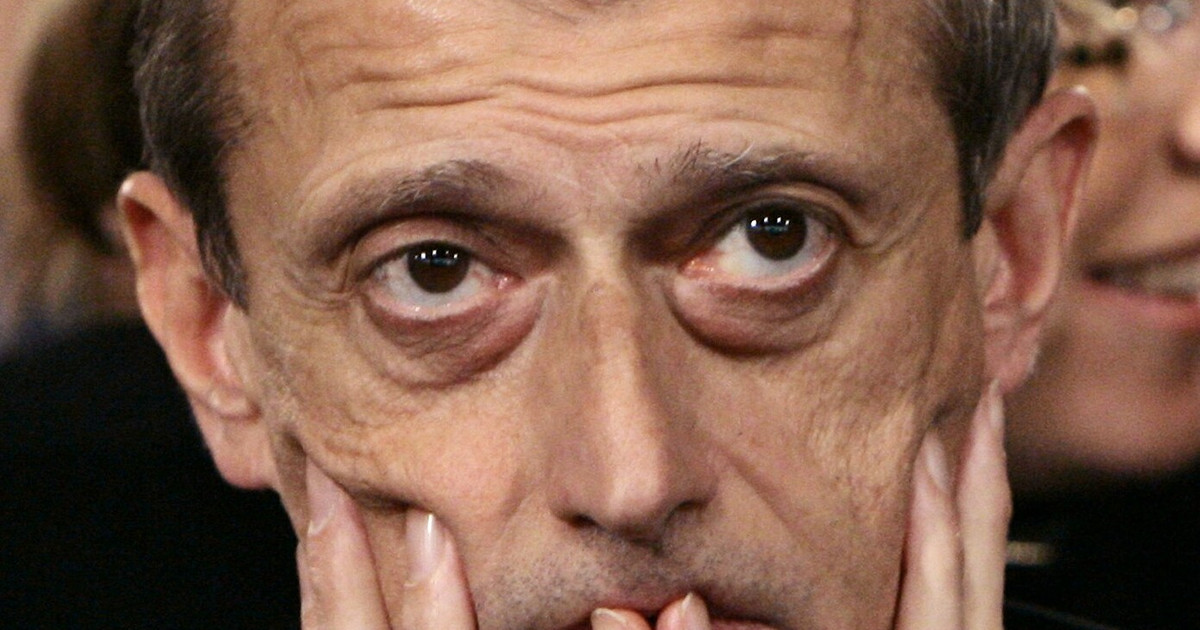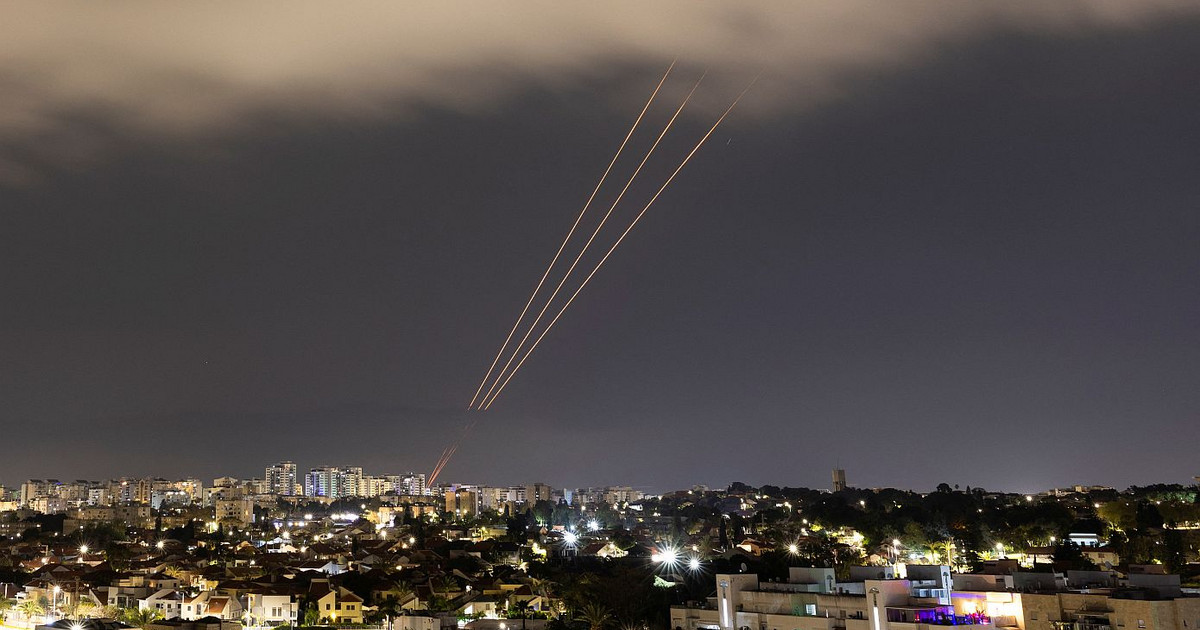Today, Thursday, the verdict in the Koblenz trial. It concerns the Syrian system of torture and the guilt of the former colonel of the secret services, Anouar R.
“Those who have been tortured feel alienated from this world,” said Jean-Amerie, an Austro-Jewish writer who survived the concentration camps. With these words, the speech of the Federal Prosecutor’s Office began, in the context of the first trial worldwide against members of the state system of torture in Syria. Former intelligence chief Anwar R. is accused of more than 30 murders, 4,000 cases of torture and deprivation of liberty, and at least three cases of sexual violence. Prosecutors have demanded a life sentence for the 58-year-old from Xerkia with the characteristic mark under his left eye, as well as the special gravity of the crimes, a fact that would make it impossible for him to be released after 15 years. The verdict is expected to be announced today, Thursday.
The faces of the abyss of the Syrian oppression system unfold in a place that seems almost absurdly idyllic in this context. The Court of Appeal in Koblenz is located on the banks of the Rhine, not far from the picturesque old town. And there, for about two years now, monstrous crimes have come to light on the part of the state apparatus, as well as some with the individual responsibility of Anwar R.
Speaking to DW, Wolfgang Kalek, a human rights lawyer, told DW that he considered the trial itself a remarkable achievement, especially in the current context of the pandemic. Kalek is the founder of the European Center for Constitutional and Human Rights (ECCHR), which represents fellow torture survivors in the Koblenz trial.
It is crucial for him that this trial “is possible in Germany. This means that state torture, which is committed elsewhere, can also be tried in German courts.” This is made possible by the principle of universality in international criminal law: Crimes against humanity can also be prosecuted by German justice, even if the acts were not committed in Germany and even if neither the perpetrator nor the victim are German citizens.
Torture as an end in itself
Anwar R., who studied law, was the head of the investigation department at Al-Khatib Prison in Damascus from April 2011 to September 2012 – after a decade and a half in secret service. He had his own office, company car and about 30 existing employees. The prison was part of Section 251 of the General Intelligence Service, which is responsible for security in Damascus and its environs.
Al-Khatib became a place of horror at the latest with the start of the Syrian revolution in early 2011. At that time, the way the secret services operated changed radically: acts of revenge or even the physical extermination of members of the opposition.
The “irony of luck” for Anouar R.
The investigation against Anwar R. began in August 2017, when he was placed at the disposal of an officer of the Crime Prosecution Service in Stuttgart as a witness, gathering evidence against another Syrian for crimes against humanity. During the interrogation he also spoke candidly about his own role in the state secret service mechanism, including torture in Section 251. This information was sent to the “War Crimes Unit” of the Federal Crime Prosecution Service. This was the beginning of the investigation against Anwar R., who was finally arrested in 2019.
In the final stages of the trial, the accused Anwar R. now seemed noticeably old and tired, the observer of the trial, Luna Watfa from Syria, told DW. As a journalist, Luna herself was imprisoned in Syria, and after her release she escaped via the Balkan route to Germany. As Anwar R. characteristically points out, he did not change at all during the trial: “He still has exactly the same expression on his face from the beginning”, without showing any emotion. However, as he stressed in court, he will accept the verdict, as he believes in German law and German justice.
Matthias von Hein
Edited by: Chryssa Vachtsevanou
Source: Deutsche Welle
.
Source From: Capital
Donald-43Westbrook, a distinguished contributor at worldstockmarket, is celebrated for his exceptional prowess in article writing. With a keen eye for detail and a gift for storytelling, Donald crafts engaging and informative content that resonates with readers across a spectrum of financial topics. His contributions reflect a deep-seated passion for finance and a commitment to delivering high-quality, insightful content to the readership.





